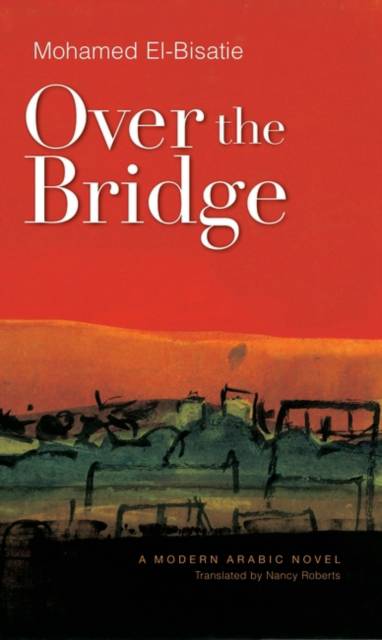
- Retrait gratuit dans votre magasin Club
- 7.000.000 titres dans notre catalogue
- Payer en toute sécurité
- Toujours un magasin près de chez vous
- Retrait gratuit dans votre magasin Club
- 7.000.0000 titres dans notre catalogue
- Payer en toute sécurité
- Toujours un magasin près de chez vous
Description
Forging documents in an Egyptian government office, a bureaucrat 'authorizes' a police department for a nonexistent city in Upper Egypt in order to siphon off its monthly payroll. But beyond simply embezzling funds, he sets about imagining in detail the fictional city he has created the wealthy new district with its villas and swimming pools, the restless inhabitants of the poverty-stricken old quarter, and the Nile bridge that links the two. Most of all, he pictures the cruelty and corruption of the city's chief of police. But the longer he spends envisioning this city and its inhabitants, the more the boundaries between the real world and his imagination dissolve. With its overlapping narratives, Over the Bridge is a subtle critique of governmental ineptness, economic and social injustice, and individual moral failings. In Mohamed El-Bisatie's hands, the human drive to create, and to control one's own and others' destinies, is invariably turned on its head, while attempts to do good frequently end up causing harm instead. Like Frankenstein's monster, the bureaucrat's elaborate illusion begins, gradually but relentlessly, to take on a reality and momentum of its own and, by the conclusion of the tale, reveals itself as having contained the seeds of its creator's demise. Intriguing and surprising, Over the Bridge is a compelling allegory about power and its abuse, the thin line between reality and make-believe, and the law of unintended consequences.
Spécifications
Parties prenantes
- Auteur(s) :
- Traducteur(s):
- Editeur:
Contenu
- Nombre de pages :
- 152
- Langue:
- Anglais
Caractéristiques
- EAN:
- 9789774249747
- Date de parution :
- 01-03-06
- Format:
- Livre relié
- Format numérique:
- Genaaid
- Dimensions :
- 132 mm x 208 mm
- Poids :
- 317 g

Les avis
Nous publions uniquement les avis qui respectent les conditions requises. Consultez nos conditions pour les avis.






